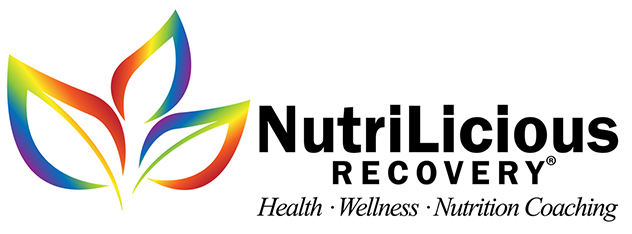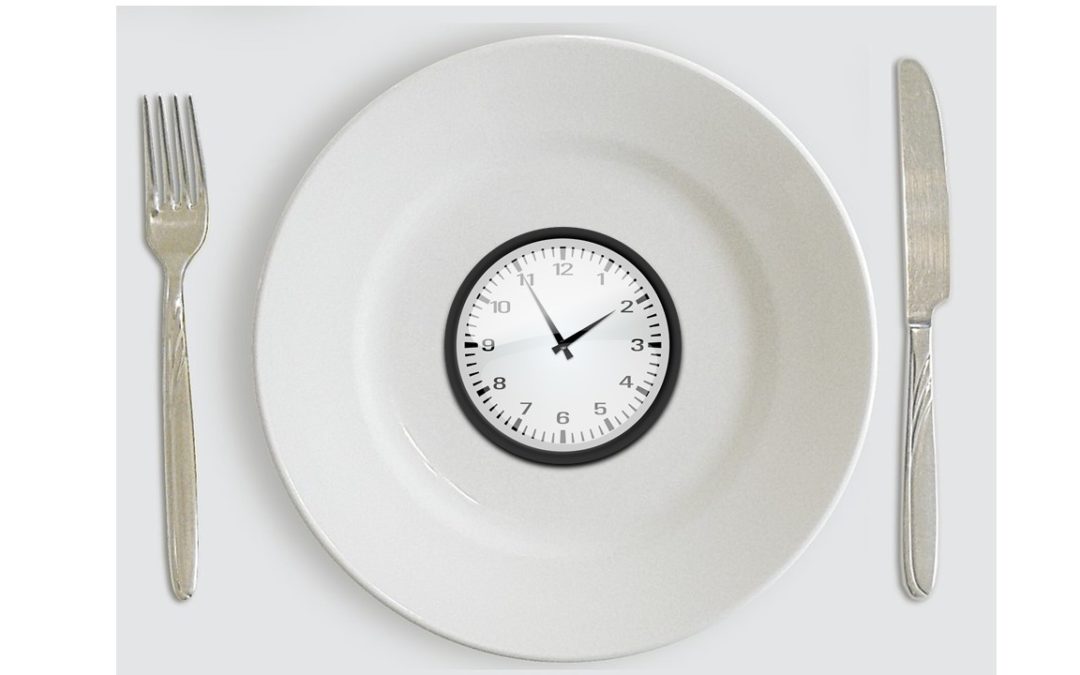Previously I have discussed the benefits of intermittent fasting, but haven’t yet discussed the experience of fasting. There are many different ways of fasting (refraining from consuming any food for a specified time frame):
- Fasting every other day
- Fasting one day/week
- 12-hour fast (8pm-8am)
- 16-hour fast (8pm-12pm)
Benefits range from improved cognitive function to increased longevity. But how do you manage hunger pangs and cravings? What does it feel like to literally starve? What is normal, and what is above and beyond your capacity? Here are some common questions, and answers based on my experiences.
- Can anyone fast? Fasting has been done for hundreds (maybe thousands) of years. But it is not for everyone. People that are malnourished, women that are missing monthly periods, women with bad PMS, pregnant or nursing women, or people with hormone issues should not try out fasting. Additionally if you are on medications, you need to check with your doctor and ensure the medications/dosages will not be affected by your fast.
- Are you always hungry on a fast? Initially when you change your eating habits – it’s normal to feel hungry if you reduce the amount of food you usually eat. It takes some discipline or motivation to do it at the beginning. But once you get into that routine, then you don’t feel the hunger nor get cravings.
- What’s the best preparation work to help start a fast? Get rid of the sugar 2-3 weeks before you begin a new diet involving fasting. It helps stop the blood-sugar fluctuations which make fasting difficult.
- How should I start an intermittent fast? First, reduce sugars from your diet in general. Then start slow by not eating after 8pm. After a few weeks, don’t eat before 8am and continue this 12 hours fast for several weeks. Track your energy, mood, and overall wellness. Then if you desire more, select a few days/week to try a 16 hour fast (12pm – 8pm). Again track your energy, mood, sleep patterns, and make sure the fast is benefitting you.
NOTE: it takes 8 weeks for a new habit to become routine.
NOTE: If you feel dizziness or start experiencing any other worrisome symptoms, stop fasting and consult with your health practitioner.
Fasting can be part of any of our clean eating events, so if your doctor okays you for trying it out… join us on our next clean eating event in November! There is plenty of time for preparations, and shopping, and even getting a few friends to join you!



